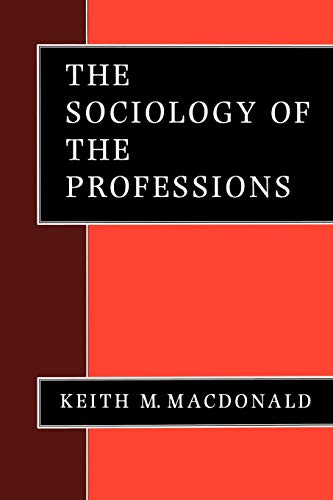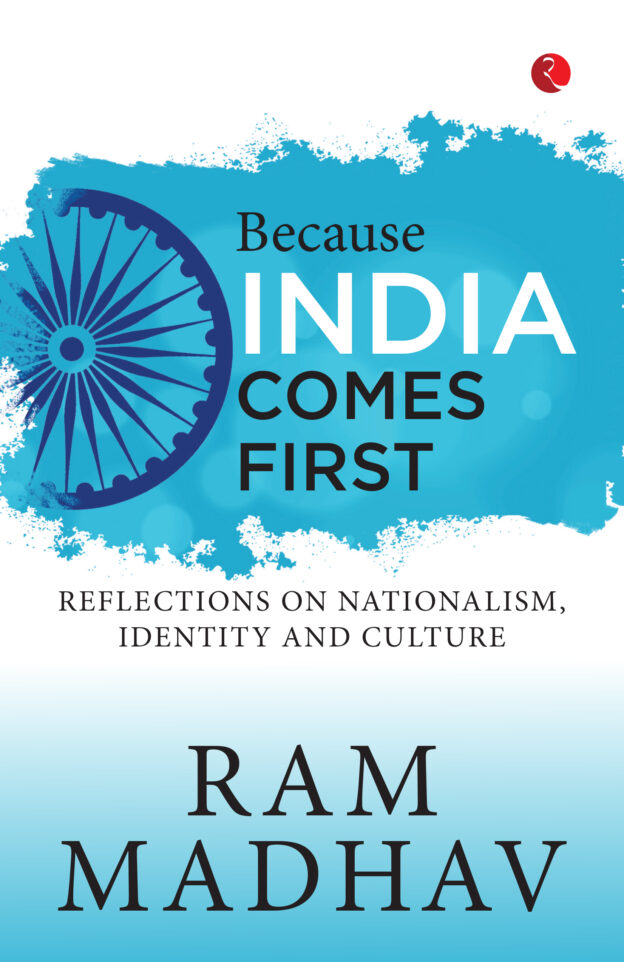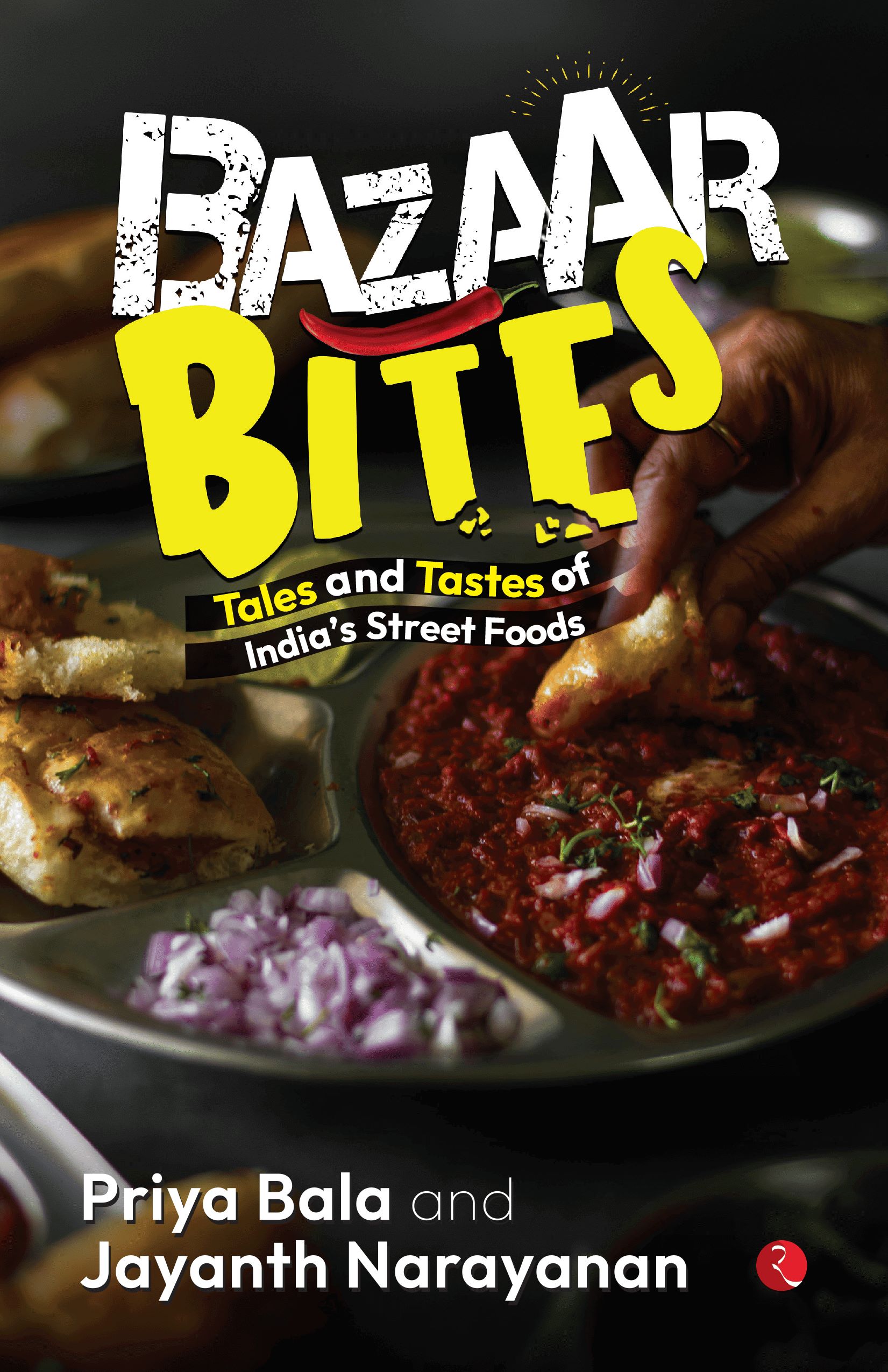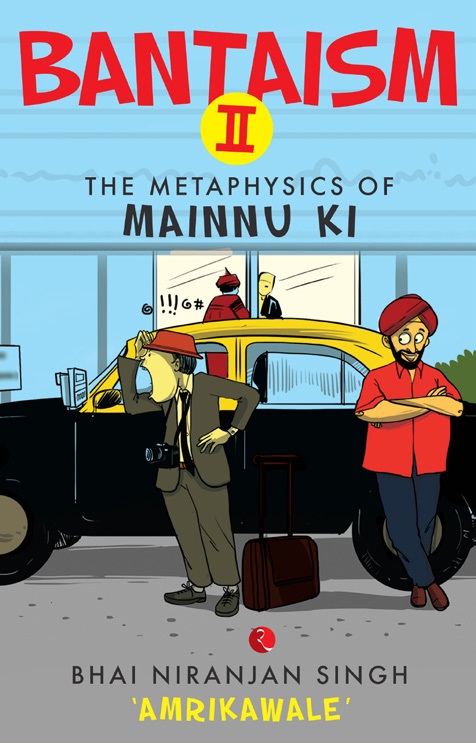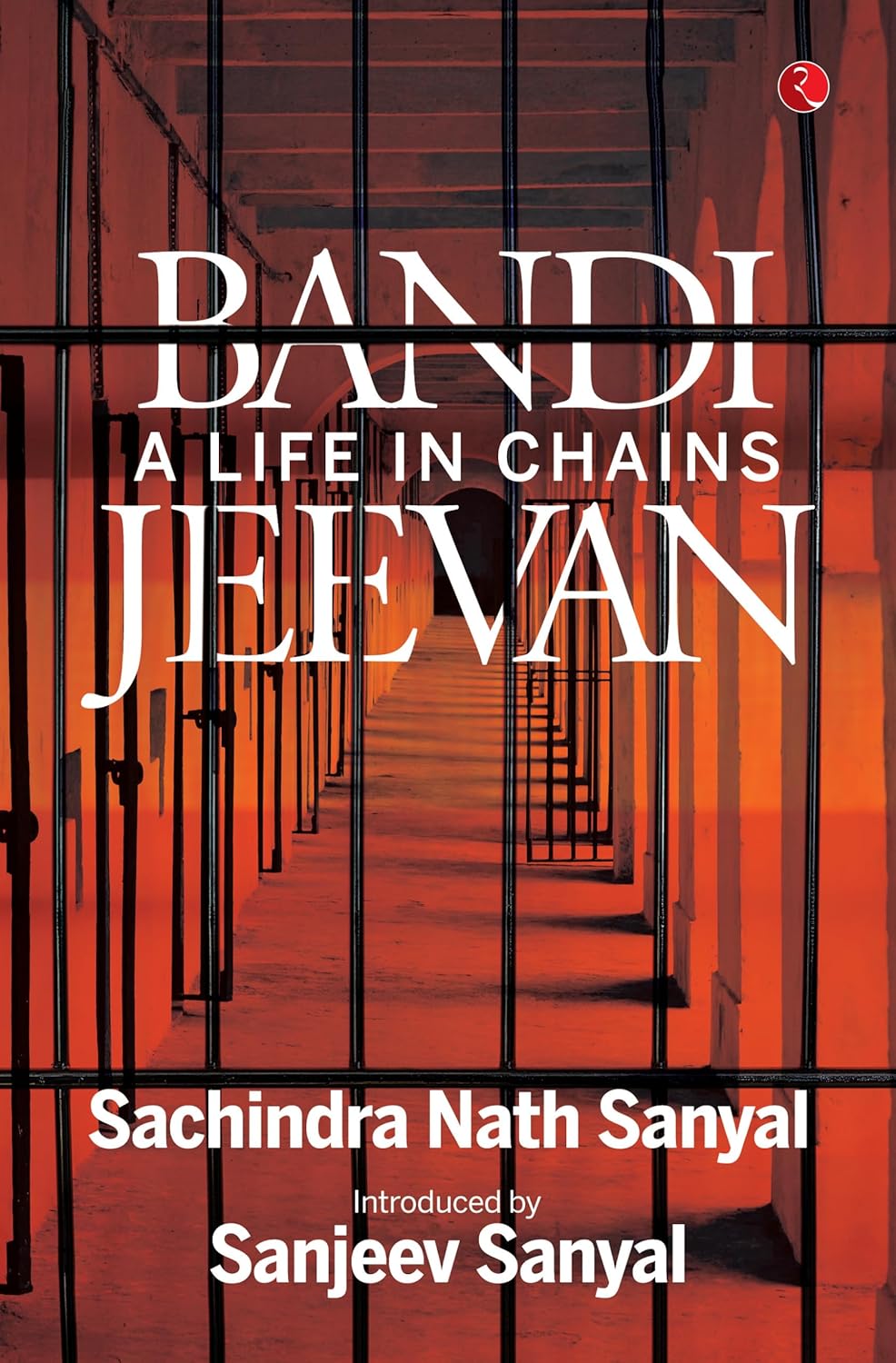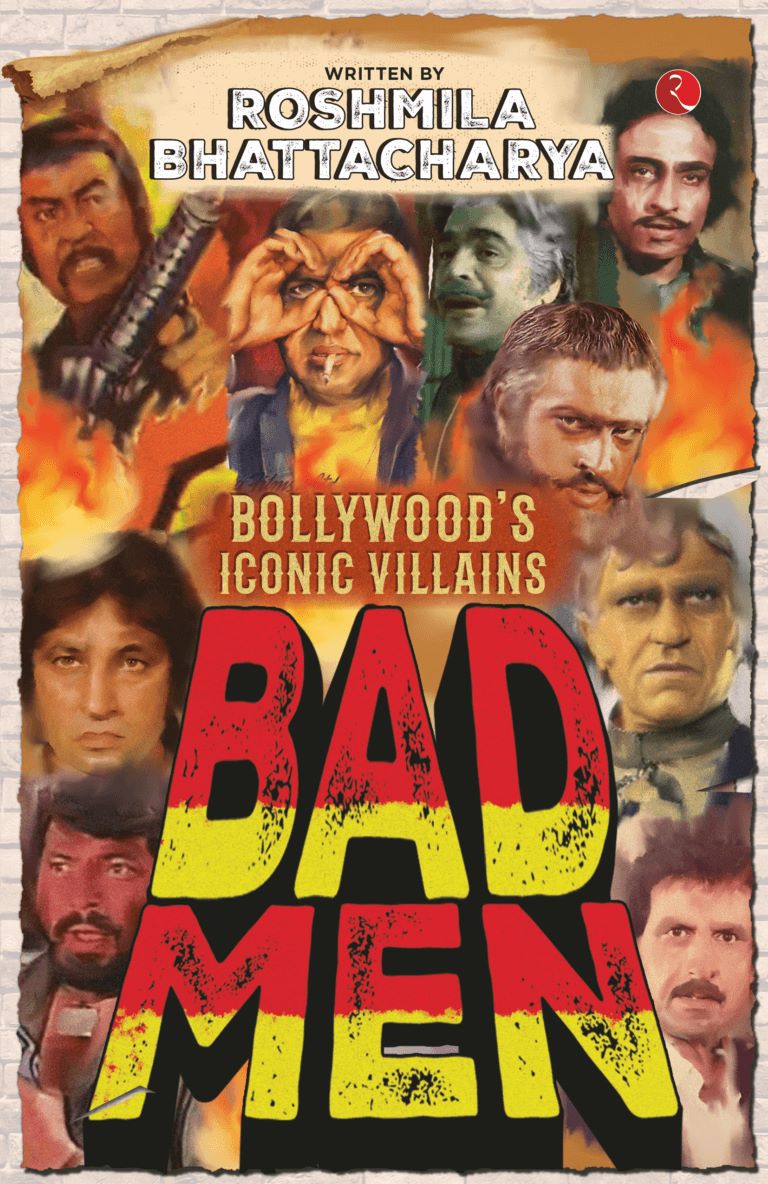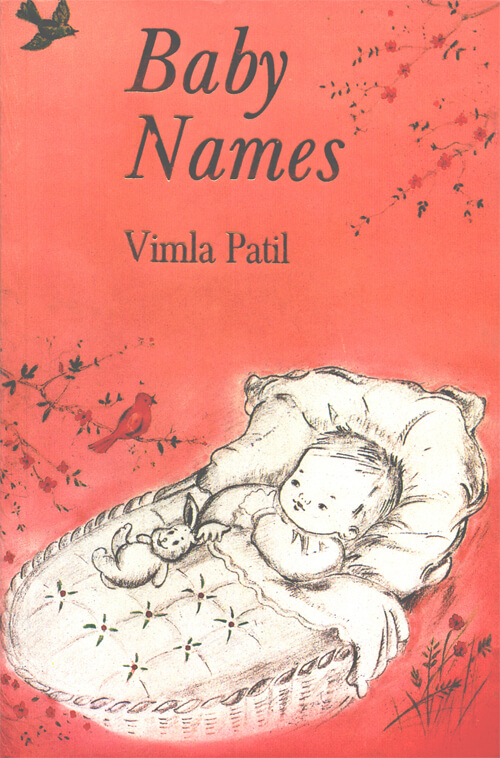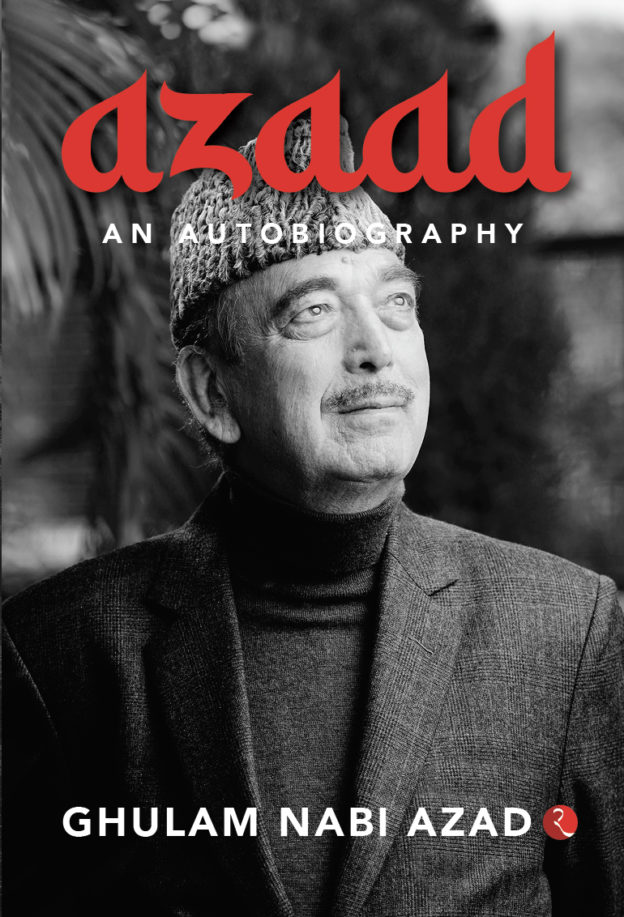The Sociology of the Professions
Availability :
In Stock
₹ 4,120.80
M.R.P.:₹ 5151
You
Save: ₹1,030.20 (20.00% OFF)
(Inclusive
of all taxes)
Delivery:
₹ 0.00 Delivery charge
Author:
Keith M Macdonald
Publisher:
SAGE Publications Ltd
Edition:
1st Edition
ISBN-13:
9780803986343
Publishing Year:
1995-09-01
No. of Pages:
240 pages
Weight:
5 kg 942 grm
Language:
English
Book Binding:
Paperback

